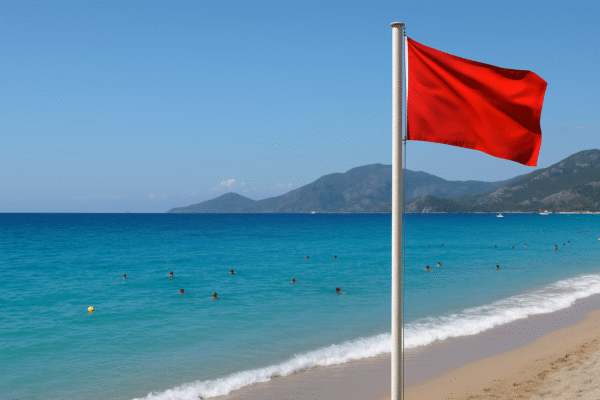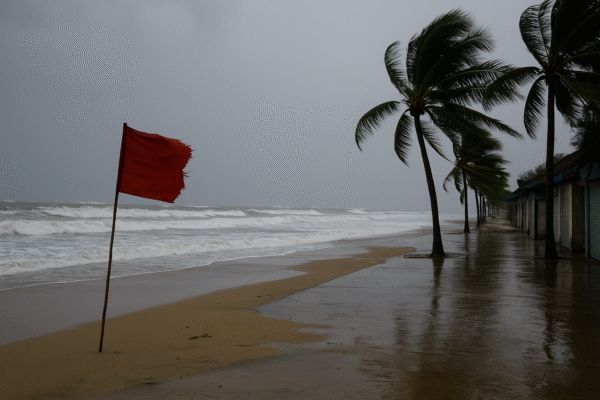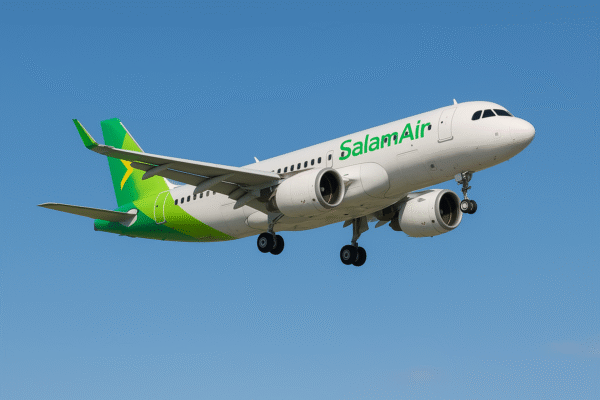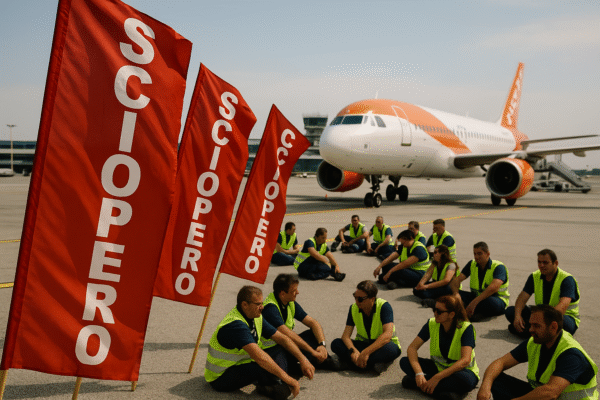Travelers heading to or from Italy on Thursday, July 10, should brace for significant delays and potential flight cancellations as a coordinated wave of nationwide strikes is set to affect major airports across the country. The industrial action, led by unions representing airport handling staff, security personnel, and easyJet flight crews, underscores a deepening rift over labor rights and working conditions in Italy’s aviation sector during the peak of the summer travel season.
Who Is Striking and Why?
The 24-hour strike will involve workers from Assohandlers, the national association for airport ground service providers. This includes major players such as Airport Handling, Aviapartner, Aviation Services, Swissport, and BGY International Services. These workers, responsible for baggage handling, ground assistance, and passenger services, are protesting over stagnant wages, limited job security, and deteriorating working conditions.
Additionally, flight attendants and cockpit crew members employed by easyJet, one of Europe’s largest low-cost airlines, will also participate in the walkout. Their grievances include excessive workloads, lack of career progression, and unfair rostering practices.
Members of the Flai Trasporti e Servizi union, which represents airport employees in the Lombardy region, will further support the strike. In Cagliari Airport on the island of Sardinia, a separate but aligned protest by airport security staff is scheduled for four hours from 1:00 PM to 5:00 PM local time.
Airports Affected and Scope of Disruption
The strike is expected to disrupt operations at Rome Fiumicino (FCO), Milan Malpensa (MXP), Venice Marco Polo (VCE), Naples International (NAP), and Catania Airport (CTA). These are some of the busiest hubs in the country, handling millions of passengers every summer.
Italy’s flag carrier ITA Airways has already announced the cancellation of 36 domestic and international flights scheduled for July 10. easyJet is expected to follow suit, with delays and last-minute cancellations likely as both flight crews and ground teams join the walkout.
Airport operators in Venice and Milan have issued public advisories urging passengers to check flight status before heading to the airport. Travelers should also be prepared for longer wait times at check-in, security, and baggage claim.
Exemptions Under Italian Law: ENAC’s Role
Under Italian labor law, minimum service levels must be maintained even during strikes. According to the Italian Civil Aviation Authority (ENAC), flights scheduled between 7:00 AM–10:00 AM and 6:00 PM–9:00 PM are safeguarded and expected to operate as planned. ENAC has published a list of “guaranteed flights”, which includes essential domestic and international routes.
Additionally, flights to and from Italy’s island regions, including Sardinia, Sicily, and Lampedusa, are exempt from the strike. This ensures a lifeline for regional connectivity and may serve as a workaround for travelers affected by mainland airport disruptions.
Impact on Tourism and Business Travel
With Italy welcoming millions of international tourists every summer, this strike poses a significant threat to the tourism economy. Disruptions at major entry points like Rome and Milan could deter travelers from visiting or force costly changes to their itineraries. Business travelers, too, may face schedule upheavals, missed meetings, and delayed contracts.
According to ISTAT, Italy’s national statistics institute, over 18 million international passengers passed through Italian airports in July 2024 alone. Any dip in air connectivity could result in substantial economic losses, particularly for tourism-dependent cities such as Florence, Venice, and Naples.
Why the Strike Matters: Labor and Policy Tensions
The protest highlights longstanding tensions within Italy’s transportation sector. Trade unions argue that deregulation, understaffing, and the gig economy model have eroded worker protections. Despite several rounds of negotiations, unions claim that government intervention has been insufficient in resolving issues such as fair pay, shift length, and contractual security.
Strikes are a regular occurrence in Italy’s public services, often used as leverage in broader political or economic negotiations. But their frequency and scale during peak tourist seasons have drawn criticism from industry stakeholders and international travel associations.
Tips for Travelers: Minimize Disruption
- Check Flight Status Frequently: Use airline websites or apps for real-time updates. ITA Airways and easyJet have provided dedicated strike information pages.
- Arrive Early: Expect delays at check-in and security. Arriving at least 3 hours early for international flights is recommended.
- Monitor ENAC’s List: Refer to ENAC’s official website to verify whether your flight is “guaranteed” to operate.
- Consider Alternative Airports: Travelers with flexible itineraries might explore flying into smaller airports like Bologna (BLQ), Pisa (PSA), or Bari (BRI), which may be less affected.
- Know Your Passenger Rights: Under EU Regulation 261/2004, passengers may be entitled to rebooking, refunds, or compensation if their flight is canceled or significantly delayed.
Looking Ahead: What Comes Next?
While this strike is scheduled to last only 24 hours, continued unrest is a possibility if labor disputes remain unresolved. Italy’s Ministry of Infrastructure and Transport has urged all parties to return to the negotiating table, but union leaders warn that more strikes could occur in August if demands are not met.
For now, travelers planning to fly through Italy on or around July 10 should plan ahead, stay informed, and build flexibility into their itineraries.
For more travel news like this, keep reading Global Travel Wire

















